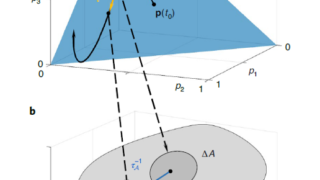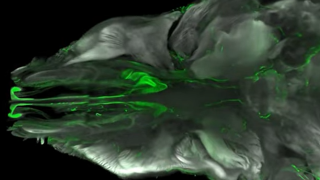
Sexual differences in pain sensation could be due to differing pain receptors
Pain is highly personal. What to some doesn’t even deserve the name, for others can be unbereable. Now, we just discovered a difference in how we feel it: men and women have different pain receptors. Recent research has demonstrated in rodents and, importantly, primates including humans, that there are sex differences in pain receptors, also […]








